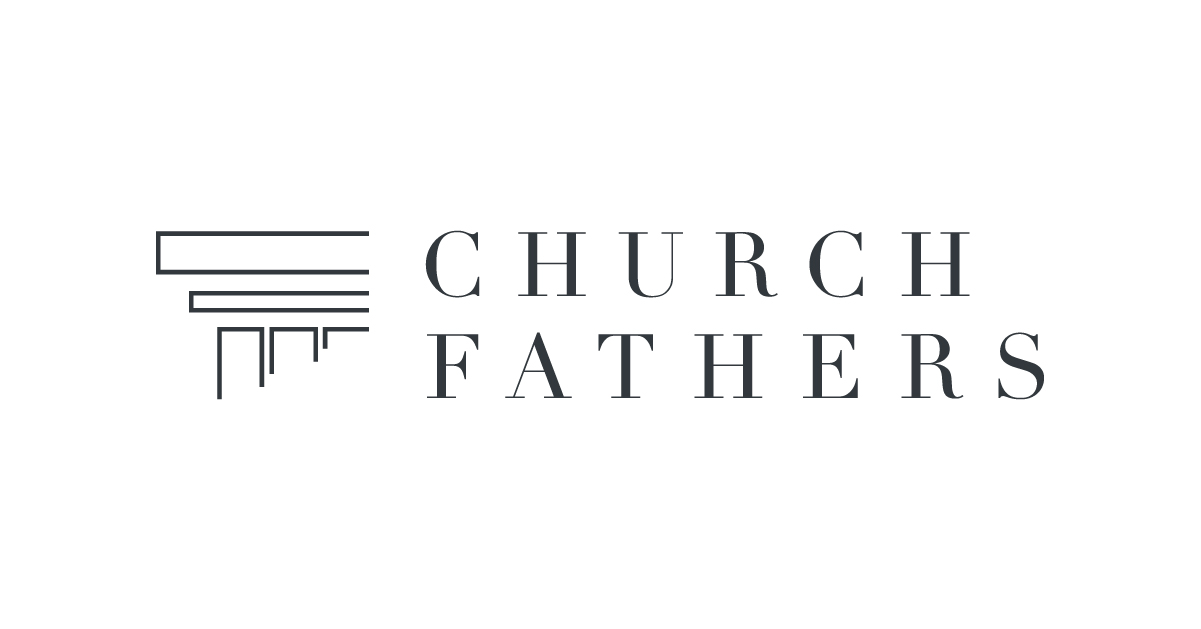GodsGrace
CF Ambassador
- Dec 26, 2015
- 30,432
- 12,021
Ah. Ok.Indeed, the Church is very much an extension of the Incarnation.
Extension: the act of extending or the condition of being extended something that can be extended or that extends another object
Extended: stretched out; continued or prolonged
"A man’s body is all one, though it has a number of different organs; and all this multitude of organs goes to make up one body; so it is with Christ. We too, all of us, have been baptized into a single body by the power of a single Spirit, Jews and Greeks, slaves and free men alike; we have all been given drink at a single source, the one Spirit. The body, after all, consists not of one organ but of many...And you are Christ’s body, organs of it depending upon each other..." (1 Cor 12:12-30)
Christ had a body while on earth which He used to teach and sanctify. The Church - his body - is now an extension of His body which continues to teach and sanctify. (cf. Mt. 26:26, Mt. 28:20)
The Church can thus be called the body of Christ, continuing in time and thus it is a divine institution. If the Church is not a divine institution, it will turn into nothing more than a religious Elks Club.
You're talking about the Body of Christ.
I think all Christians believe this...
Believers make up the Body of Christ.
The Communion of Saints.





